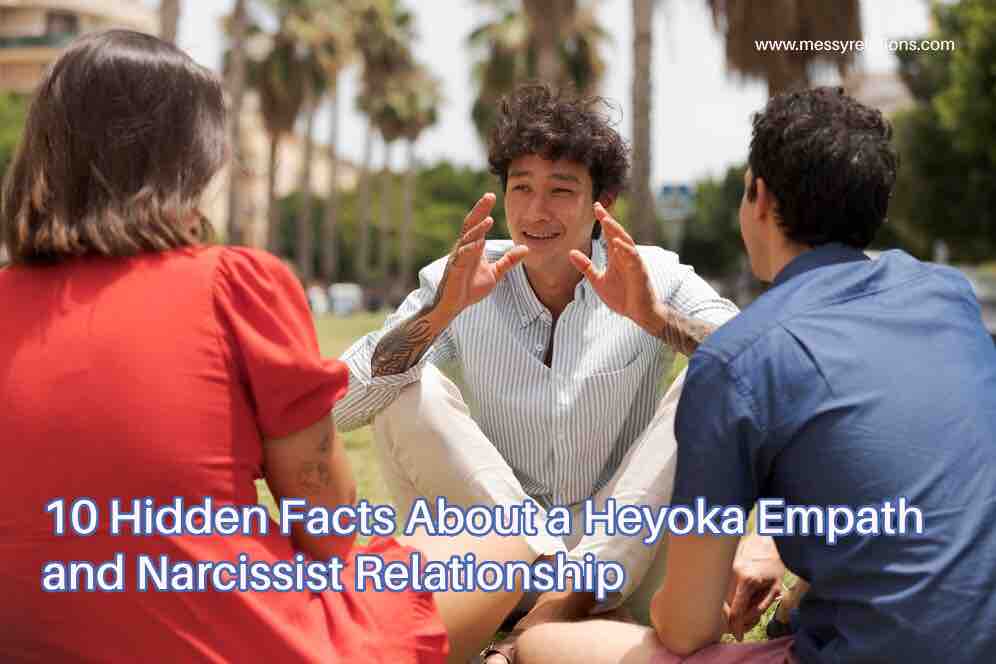We’ve all encountered them at some point in our lives: individuals who have a general distrust or even active dislike for humanity. They are known as misanthropists. While this term may seem heavy, understanding it and knowing how to deal with such individuals can significantly improve our interpersonal relationships.
Recognizing a Misanthropist
A misanthropist isn’t just someone who occasionally vents about their frustrations with the world. It’s someone with a deeply-rooted aversion to humanity, often based on personal experiences or broader philosophical beliefs. Recognizing these feelings is the first step to understanding them.
Why Do People Become Misanthropists?
While the term “misanthropy” may conjure images of curmudgeonly hermits, the reality is more nuanced. Reasons can include:
- Past Traumas: Negative experiences can shape one’s perspective.
- Overwhelming World Events: Constant exposure to negative news can intensify a general dislike for humanity.
- Personal Philosophies: Some arrive at misanthropic views after deep introspection and philosophical contemplation.
Strategies for Interacting with Misanthropists
Here’s the crux: how do you deal with someone when they express a general dislike for humanity?
- Practice Active Listening: Often, a misanthropist just wants to be heard.
- Avoid Dismissive Behavior: Phrases like “You’re overreacting” can be counterproductive.
- Establish Boundaries: If their negativity affects you, communicate your feelings and set limits.
- Encourage Professional Help: If their misanthropy seems deeply entrenched and is affecting their mental health, suggest counseling.
Remember the Power of Empathy
Empathy can be a potent tool. Understanding that their dislike for humanity might stem from personal pain can foster compassion. By viewing them through a lens of understanding rather than judgment, you pave the way for meaningful connections.
Be Prepared for Challenges
Dealing with a misanthropist can be emotionally taxing. While it’s essential to be understanding, it’s equally crucial to ensure your emotional well-being. Surround yourself with positive influences and consider seeking support if interactions become too challenging.
In conclusion, misanthropists, like all of us, have their reasons for feeling the way they do. While it can be challenging to navigate relationships with them, understanding and compassion can go a long way. After all, beneath the surface of a dislike for humanity often lies a longing for genuine connections and understanding.




